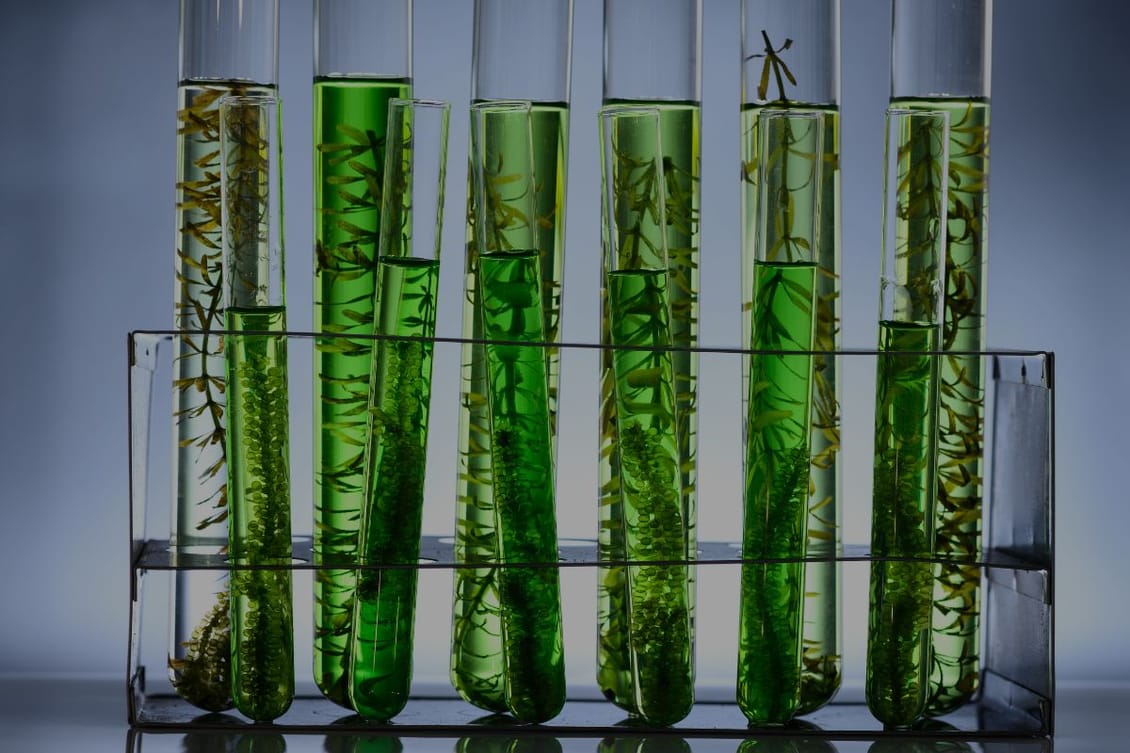
Biotech is a multidisciplinary field – weaving together natural sciences and engineering sciences to develop applications for molecular analogues, organisms, and cells. In F&B and agriculture, biotech is coming into increasing focus; with the potential to drive positive change for food production, human health, and our climate.
Agriculture Dive recently reported on a new partnership between a dairy and a biotech firm – and it got us thinking about how biotech could help to increase the usefulness of food products that have conventionally gone to waste.
A dairy co-op called Foremost Farms USA and a biotech firm called Ginkgo Bioworks are getting together – and they’re working on tech that will convert raw materials that are often discarded in wastewater (including whey and lactose) into products that are sustainable, environmentally friendly, and useful.
The partnership aims to bring this technology to market in order to upcycle high volumes of dairy co-products. And this serves two important purposes: reducing dairy farms’ carbon footprint, while generating a new sustainable revenue stream.
In a statement, Greg Schlafer (President and CEO at Foremost Farms) said:
“We are innovating to continue our trajectory as environmental stewards that take care of our world and create value for dairy farm families by potentially lowering manufacturing costs and creating a significant new revenue stream for those farmers.”
And Jennifer Wipf (Head of Commercial, Cell Engineering at Ginkgo) added:
“Ginkgo is always on the lookout for opportunities to use biology to create more sustainable products, and we are especially interested in helping customers in legacy industries develop improved production processes and a more circular economy.”
Yes.
These biotech strategies show that more food producers and tech developers are tapping into the potential for transforming food waste materials into value-added products. And this has significant positive implications for sustainability, resource efficiency, and the emergence of new economic opportunities for food producers.
If you want to stay ahead of the curve and access the latest research and developments firsthand, register now for InFlavour 2024. We’re already busy making plans – and it’s going to have an even bigger impact on the industry than the 2023 edition. See you there.
Take your seat at the InFlavour table, a government-backed and world-leading B2B food event by Tahaluf.
E-mail address SubmitWant to keep up to date with all our latest news and information? Enter your name below to be added to our mailing list.
E-mail address Submit